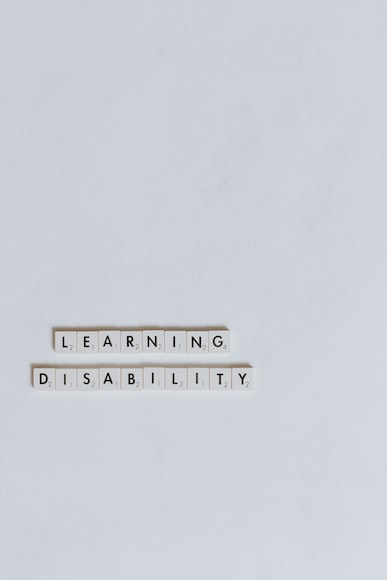
Even though people with intellectual and developmental disabilities (I/DD) often have special mental health needs, not much is known about how to best support the requirements of individuals with I/DD and co-occurring mental health challenges and their families. Because of this uncertainty, mental health care is often based on old methods that may not be good, like seclusion, restraint, and psychotropic drugs.
This may cause people with dual diagnoses to have more problems with their mental health, and it also means that there aren't enough family support assets and services for people and their families. Families of individuals with I/DD and other mental health problems find this uncertainty hard to deal with.
The Constant Struggle
Without assistance, people face the considerable danger of experiencing inequity and prejudice in many facets of daily life. Their capacity to find jobs, seek education, and lead a normal life is impacted by social injustice and barriers.
Even though the Americans with Disabilities Act (ADA) was passed back in 1990, people with I/DD are still mistreated in many ways. The Americans with Disabilities Act (ADA) is a civil rights law that mandates fair treatment for people with disabilities in any public setting.
The law's goal is to provide people with disabilities with the same opportunities and rights as everyone else, but it is not practiced properly. The constant stress may eventually weaken emotional barriers and result in various mental diseases, including depression, bipolar disorder, and other conditions.
But first, it's important to understand what does I/DD stand for in mental health? Many disorders that result from mental and/or physical limitations fall under the umbrella of intellectual and developmental disabilities (IDD).
These ailments affect a person's intellectual, physical, and/or emotional development. Major life activities can present challenges for those with an IDD, including:
- Language/s
- Movement
- Learning
- Self-help
- living independently
In the United States, 2% to 3% of the population suffers from an IDD. According to research, people with IDD face more mental health issues than people in general. Because of the relative youth of this understanding, individuals with IDDs may go untreated or without recognition of their mental health disorders.
For those with IDD, depression, bipolar disorder, and anxiety, including post-traumatic stress disorder, are the most prevalent mental health issues (PTSD).
Because they might not be able to process their thoughts as easily as others or because they might have less access to the social support they need to deal with these feelings, people with IDD are also more likely to experience trauma (bullying, abuse), making them potentially more vulnerable and easily hurt by these events.
Mental Health and I/DD
Reliable access to healthcare, particularly in relation to mental health, is a crucial issue for the well-being of people with I/DD. People with I/DD far too frequently experience untreated depression and other mental health problems as a result of their disabilities, which cause them physical pain, social isolation, abuse, and neglect, which causes them emotional suffering.
Their quality of life is negatively impacted when they are unable to get the correct treatment for their mental and emotional diseases. It can be challenging for people with I/DD who are struggling with mental illness to ask for support. Comprehension issues could make it difficult for them to find the right programs and practitioners to help them.
Sadly, some mental health professionals uphold the stigma that people with I/DD cannot fully participate in society and that their alleged shortcomings prevent them from getting help.
Due to the pandemic's increased isolation, medical services are underutilized, and their delivery has changed. The preference for virtual appointments over in-person meetings further complicates accessibility.
Health Insurance Access
A full-time job typically comes with health insurance. These benefits are only available to people with I/DD who are capable but are still looking for stable full-time employment.
Living in poverty is not unusual for people with I/DD, many of whom are unable to find regular full-time employment due in large part to persistent stigmas and discrimination. As a result, people frequently struggle to pay for medical care.
Seeking Help and Therapy
Thankfully, many resources are accessible, both online and through communities and therapy groups. These sources provide details on the services available to those with I/DD and others dealing with mental illness. They are meant to give people a way to connect with the relevant healthcare organizations and providers as well as the right kind of assistance.
People with intellectual disabilities often have a number of options for getting help and support. Even though intellectual disabilities can't be cured and there aren't any specific medicines to treat their effects, early intervention programs and special education can help a child even when they are very young.
They can benefit from day rehabilitation programs, community therapy, and workshops that help people find jobs and homes and get to know other people in the community.
People with intellectual disabilities can also use certain psychotherapeutic programs to learn basic life skills, set and reach life goals, and learn how to become independent. Contacting the American Association for People with Disabilities is a great place to start. To promote people's general health and well-being, it is essential to provide the appropriate support.